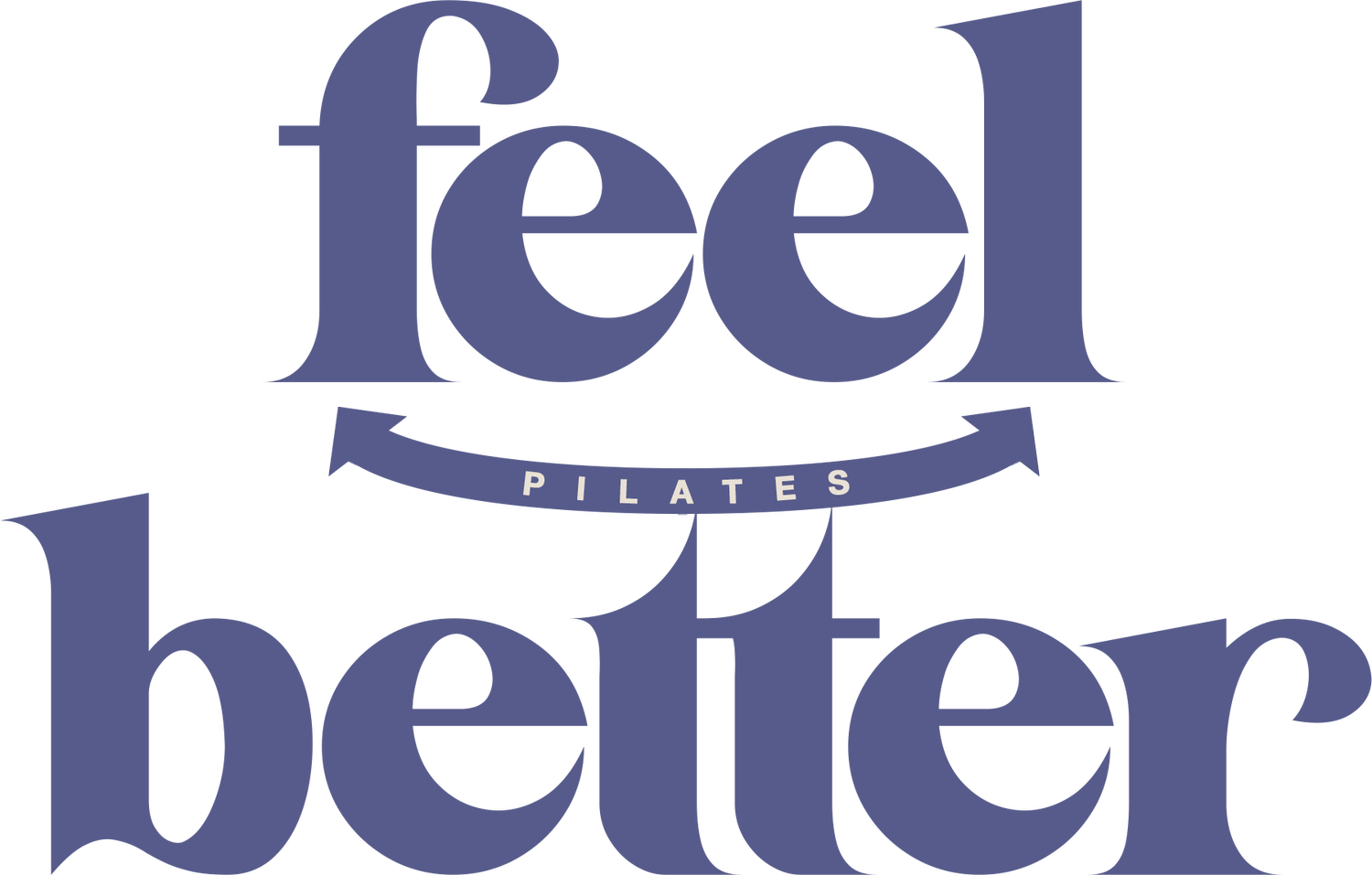How to Keep Moving When Winter Steals Your Mojo: 5 Evidence-Based Ways to Stay Motivated
It’s 6:00am, your alarm is going off, and outside it’s blacker than a double espresso. The doona’s warm, the heater hasn’t quite kicked in yet, and the idea of moving your body sounds about as appealing as a swim in Lake Burley Griffin mid-July.
If that’s you right now, know this: you’re not lazy. You’re human.
Winter messes with motivation for everyone, even those of us who love movement for a living. Your brain’s fighting biology, mood dips, and a primal urge to stay warm and conserve energy. But while the lure of hibernation is strong, moving your body in winter can be one of the best things you do for your physical and mental health.
Let’s chat about five evidence-backed ways to keep your movement mojo alive this winter. Because at Feel Better Pilates, we’re all about helping you feel better, not adding guilt to your plate.
1. Keep It Social: Let People Be Your People
Humans are hardwired for connection. Research has consistently shown that exercising with others makes us more likely to stick with it. In fact, group exercise has been linked to improved mental health, lower stress levels, and greater overall wellbeing (Yorks et al., 2017).
It’s not just about accountability, though that definitely helps. It’s about showing up for the banter, the laughs, and the collective groans during spicy sequences on the reformer.
So, book your classes ahead. Tell your mate you’ll meet them there. Or simply let your favourite teacher know you’re coming so they can keep you honest. Sometimes knowing someone’s waiting for you is all the nudge you need.
2. Lower the Hurdle: Make It Easy to Show Up
In winter, the tiniest obstacles feel monumental. That’s why behaviour scientists talk about reducing “friction.”
Want to move more? Prep the night before. Lay out your Pilates gear. Pack your grip socks in your bag. Book your classes into your calendar like non-negotiable meetings.
When you remove the decisions between bed and movement, you save precious mental energy and your brain will be far less likely to talk you out of it.
Research from Stanford University (Duckworth et al., 2011) has shown that small tweaks to your environment dramatically increase habit formation. The easier you make it, the more likely you’ll follow through, even when it’s dark and freezing outside.
3. Don’t Chase Motivation. Build Routine.
Here’s the truth no one likes to hear: motivation is flaky.
It’s like Canberra weather - sometimes glorious, sometimes dismal, often unpredictable. If you’re waiting to feel motivated before you move, you’ll probably be waiting until September.
Instead, focus on creating a routine. Neuroscience shows that the more automatic a behaviour becomes, the less mental energy it requires (Wood & Rünger, 2016). The trick is tying your new habit to something you already do.
For example:
Drop the kids off, go straight to class.
Finish work, hit the studio before heading home.
Wake up, coffee, Pilates. Repeat.
Make it so habitual that skipping feels weirder than showing up.
4. Keep the Bar Low. No, Lower.
One of the biggest motivation killers? Perfectionism.
We’ve been conditioned to believe that every workout needs to be a sweaty, high-intensity masterpiece. Not true.
Movement doesn’t have to be monumental every time. Some days it’s about showing up for a gentler class, choosing simpler layers, or simply reconnecting with your breath and body in a way that feels good.
Studies confirm that even low-volume physical activity significantly improves mood and health outcomes compared to doing nothing at all (Ekelund et al., 2019).
So cut yourself some slack. Consistency beats intensity for building habits.
At Feel Better Pilates, we’re big believers in celebrating showing up, however that looks. Whether it’s a slower-paced class, focusing on technique, or dialling things down to match your energy, it all counts. You’re still a legend.
5. Remember How Good It Feels Afterward
Here’s your trump card: you will never regret moving.
Movement - even gentle movement - increases endorphins, boosts dopamine, and helps regulate mood. Exercise has been shown to be as effective as some antidepressants for mild to moderate depression (Schuch et al., 2016).
Winter can feel heavy. But moving your body is one of the best tools you’ve got to lighten the load.
Next time you’re tempted to bail, remind yourself of the feeling you have post-class: clearer mind, less tension, and a sense of accomplishment. You might even find yourself smiling at the cold on the way home. (Okay, maybe not smiling, but at least less grumpy.)
You’re Not Alone. And You’re Not Failing
If you’re finding it hard to keep moving this winter, you’re not broken. You’re battling biology, weather, and life. The key is to make movement as easy, welcoming, and enjoyable as possible.
At Feel Better Pilates, we’re here to help. Whether you want accountability, a gentle class, or just someone to laugh with while you move, we’ve got you.
Let’s keep the momentum going, even if it’s slow and steady. Because winter doesn’t get to steal your glow-up.
References
Duckworth, A. L., et al. (2011). Self-Control and Habit Formation. Current Directions in Psychological Science.
Ekelund, U., et al. (2019). Dose-response associations between accelerometry measured physical activity and sedentary time and all cause mortality. BMJ.
Schuch, F. B., et al. (2016). Physical activity and incident depression: A meta-analysis of prospective cohort studies. American Journal of Psychiatry.
Yorks, D. M., et al. (2017). Effects of Group Fitness Classes on Stress and Quality of Life. The Journal of the American Osteopathic Association.
Wood, W., & Rünger, D. (2016). Psychology of Habit. Annual Review of Psychology.
